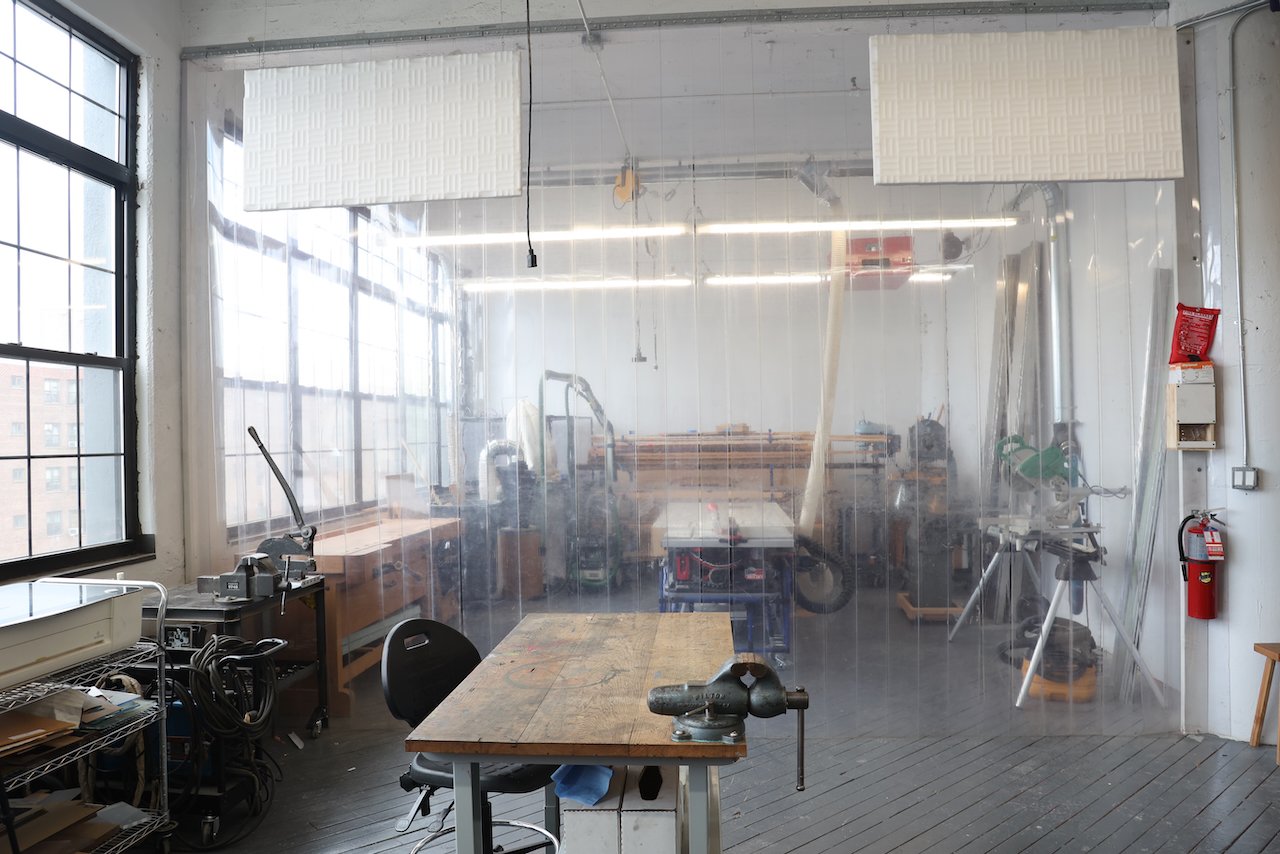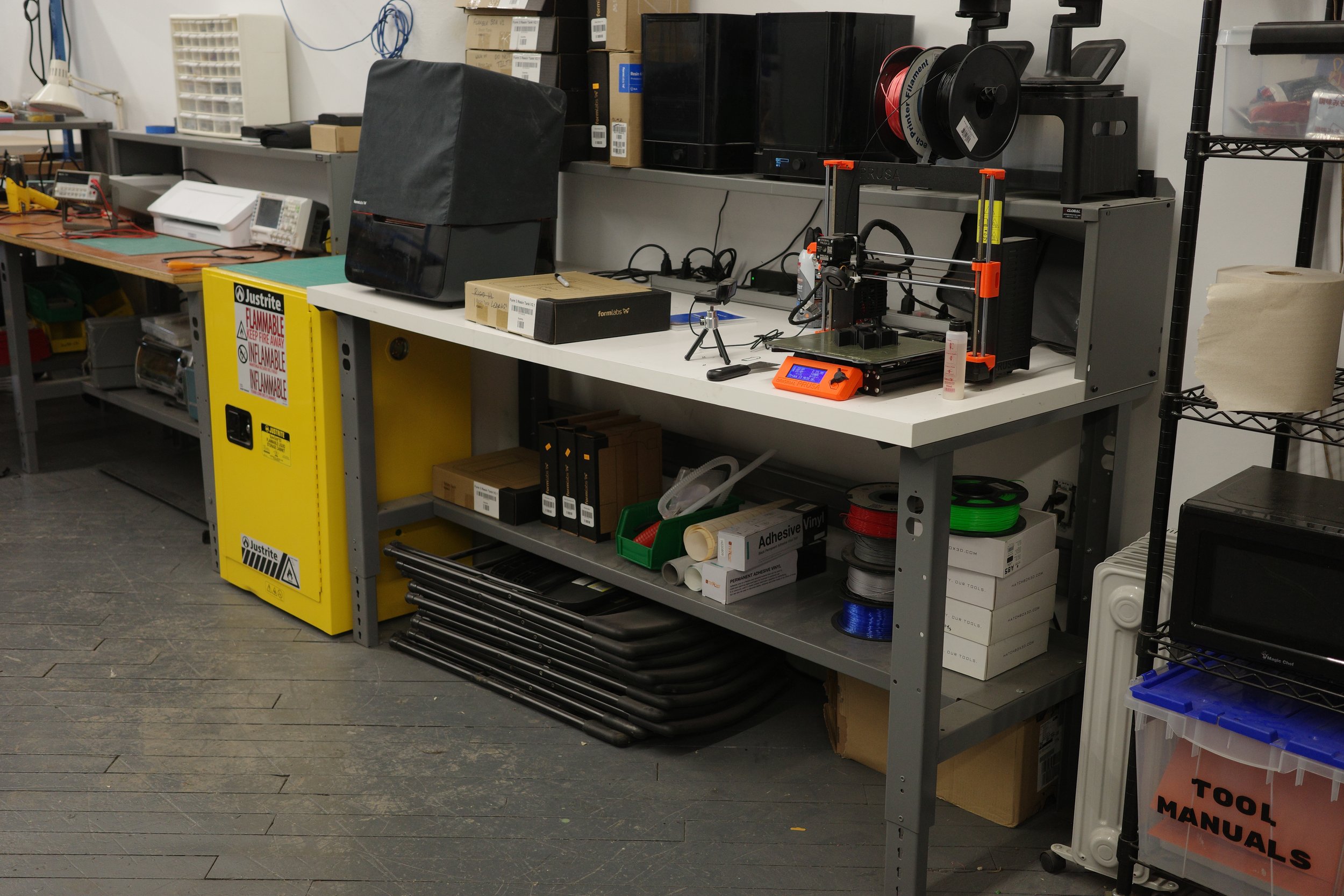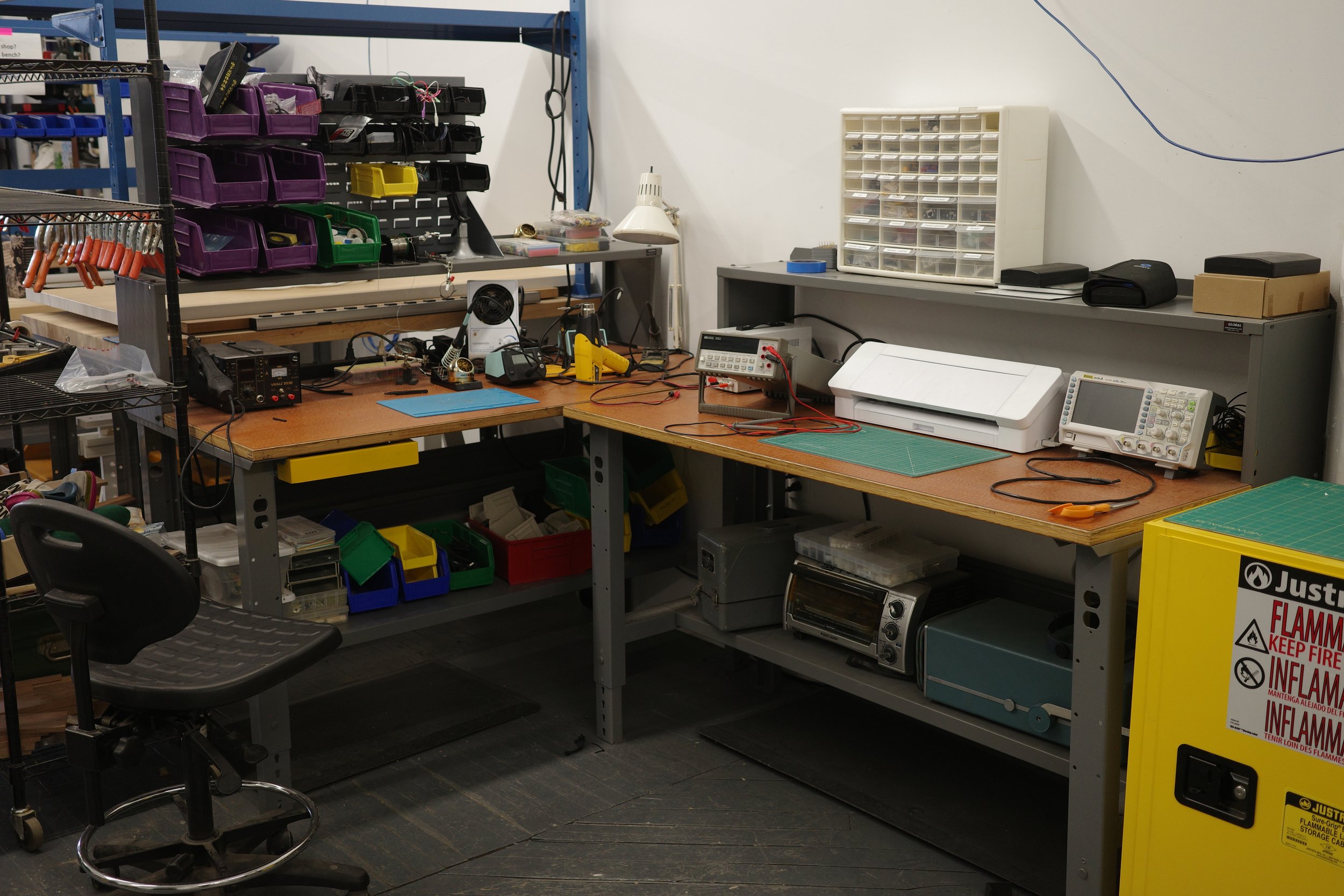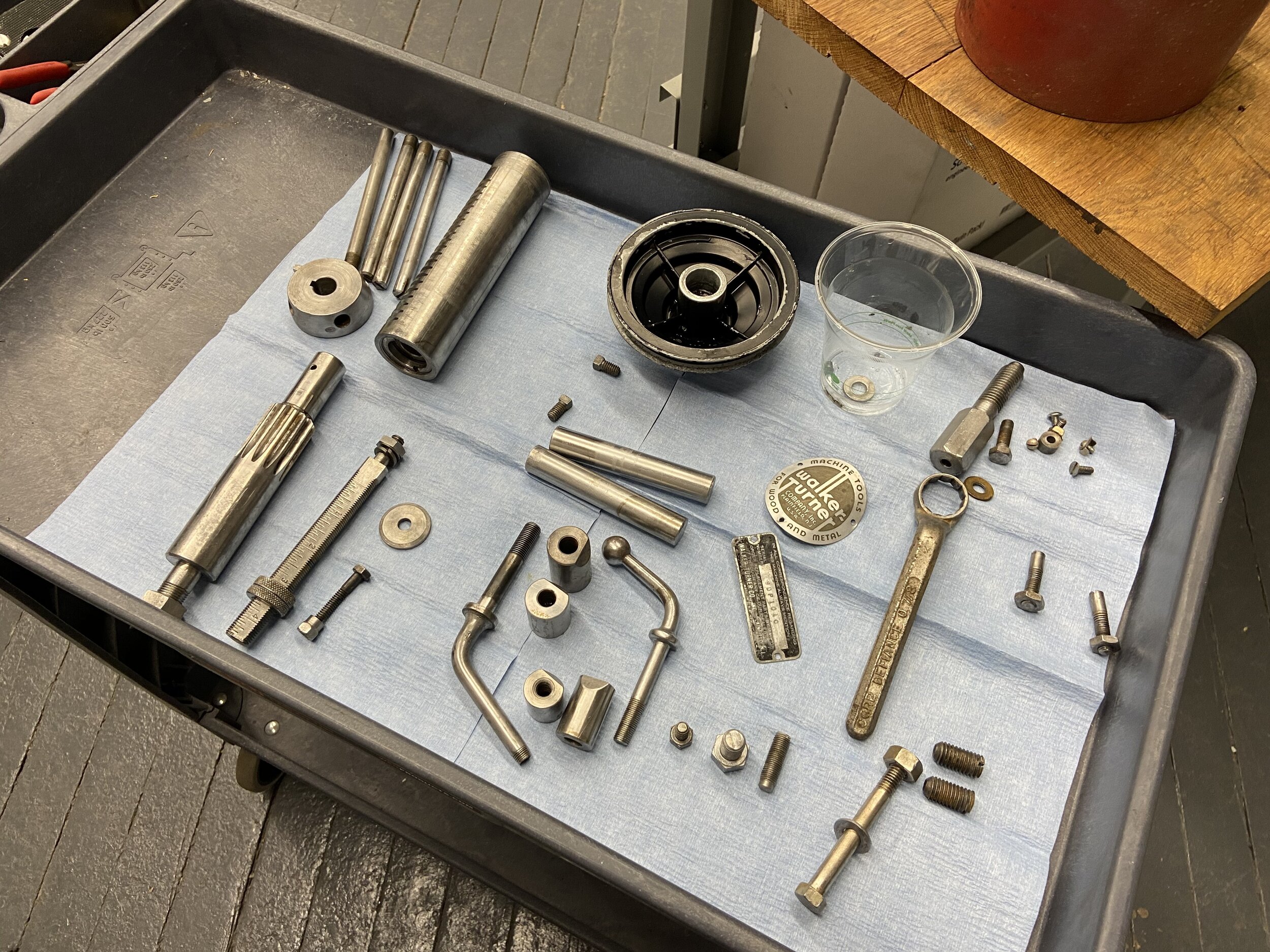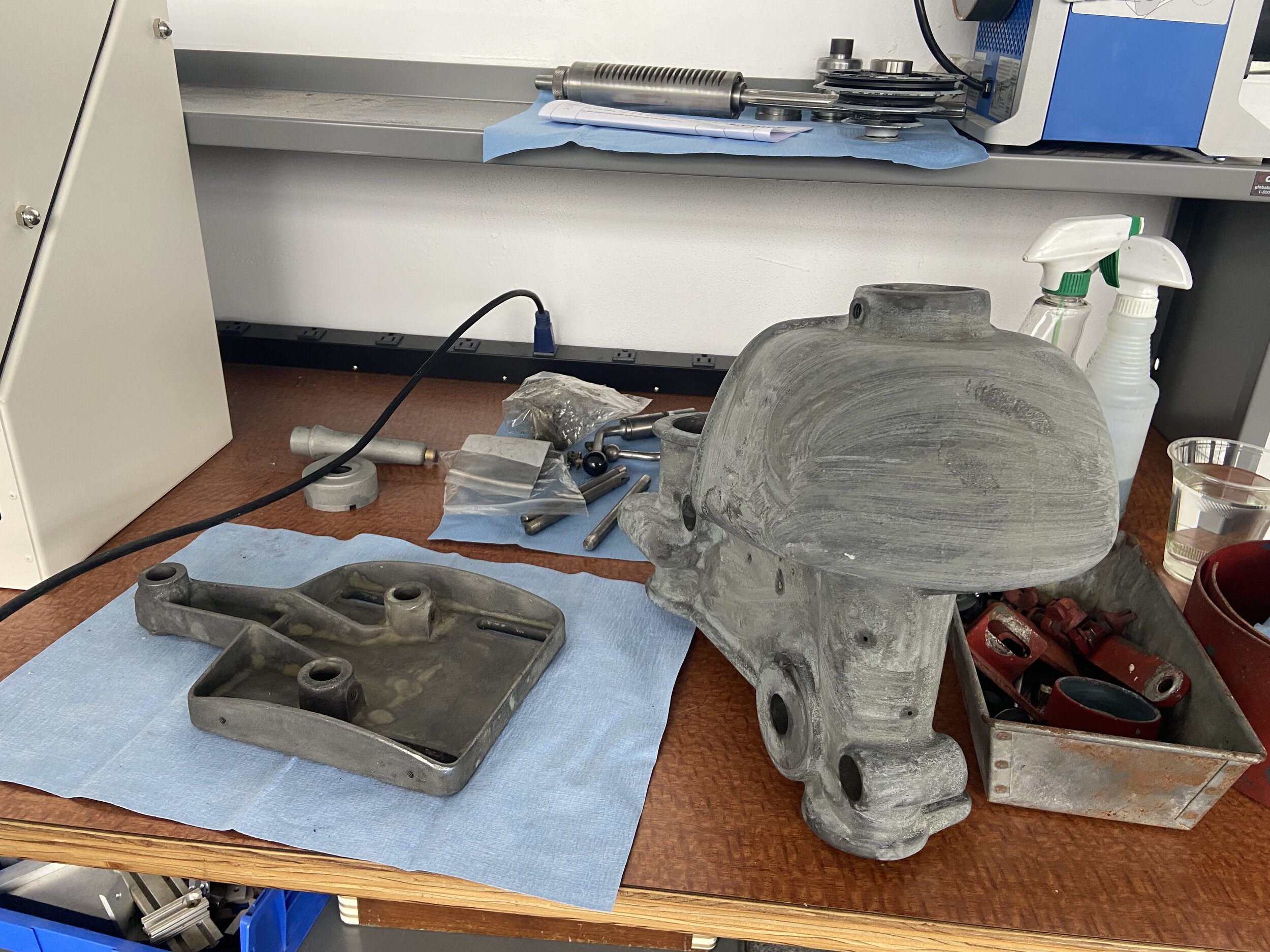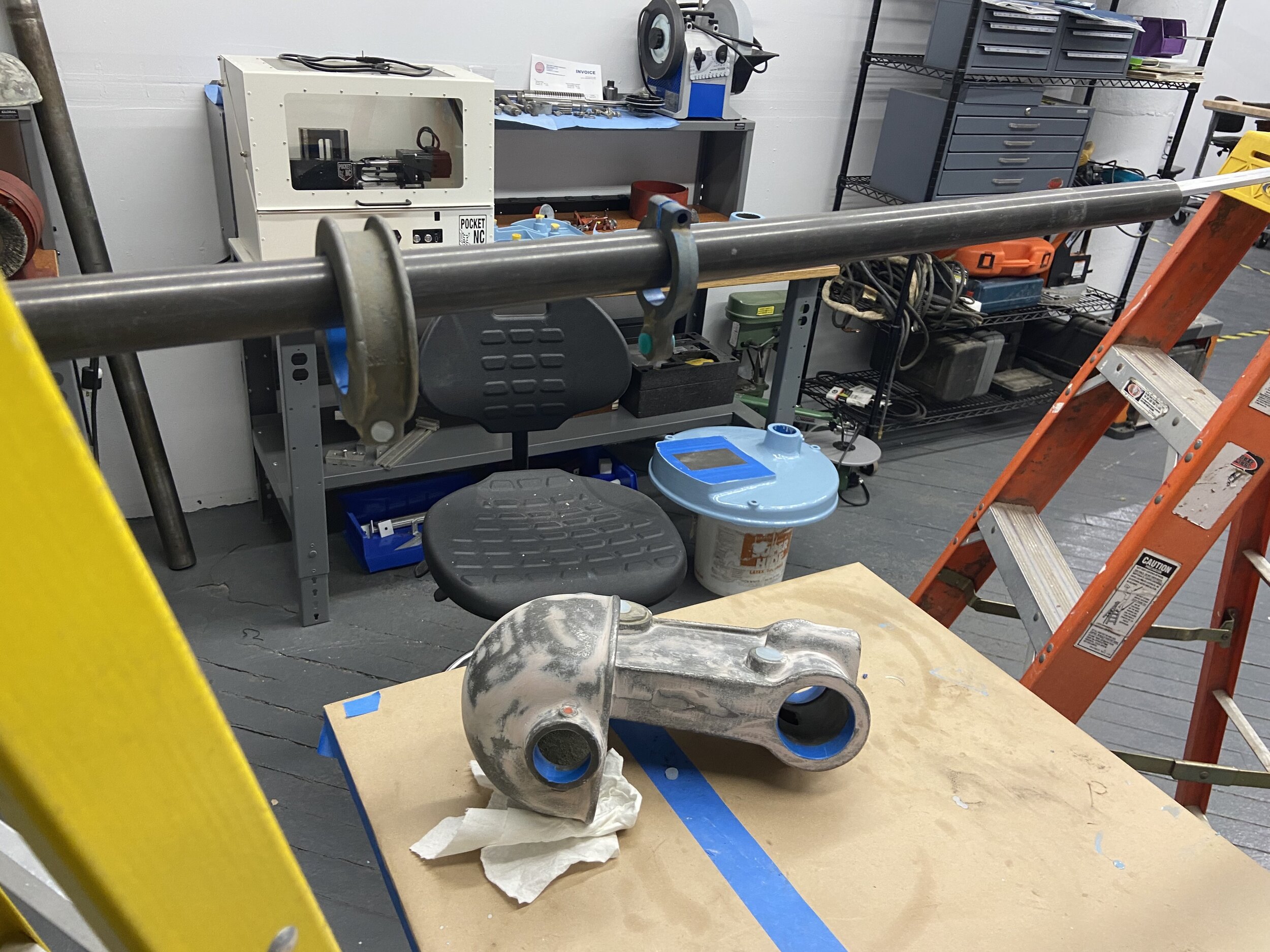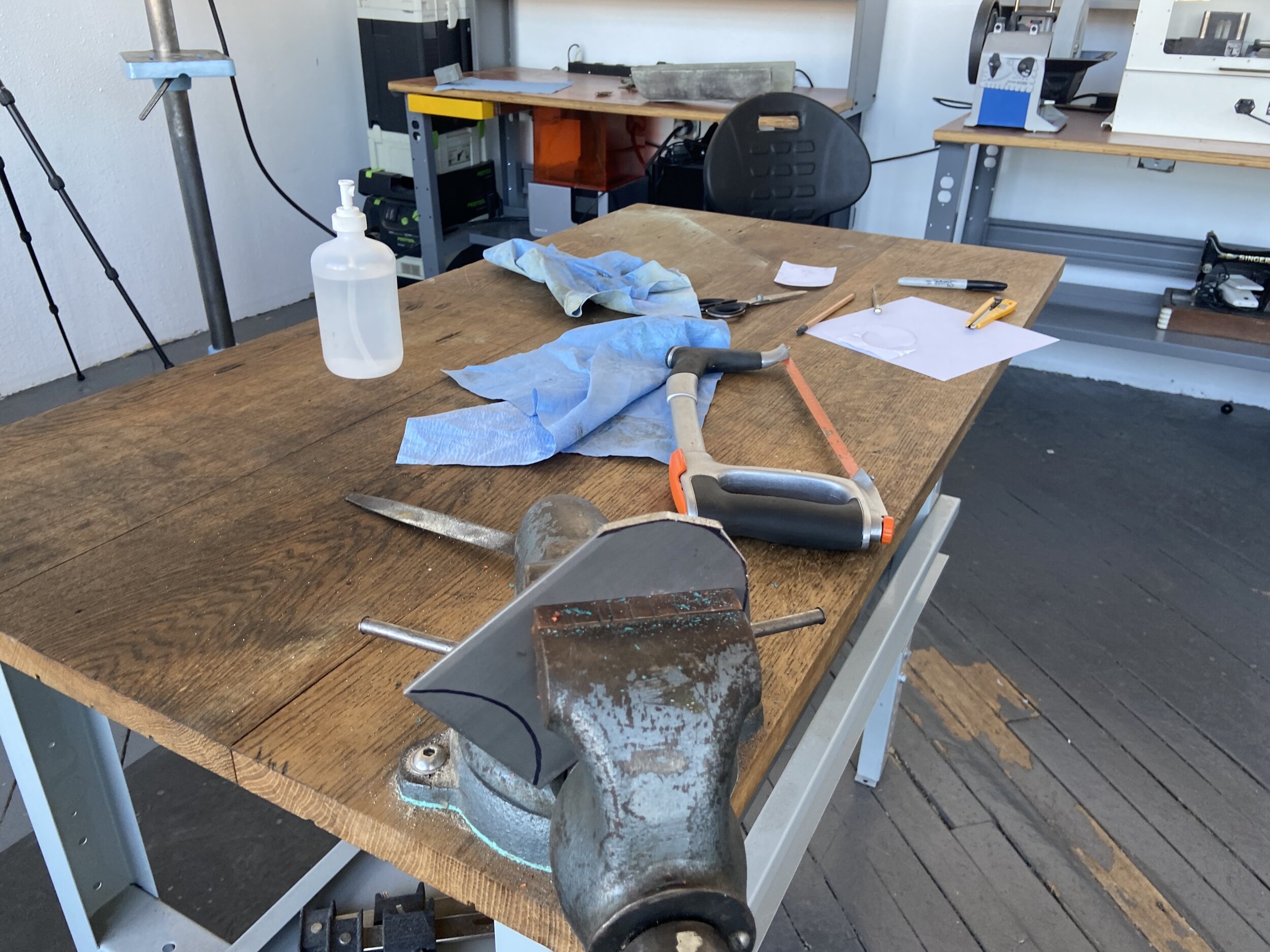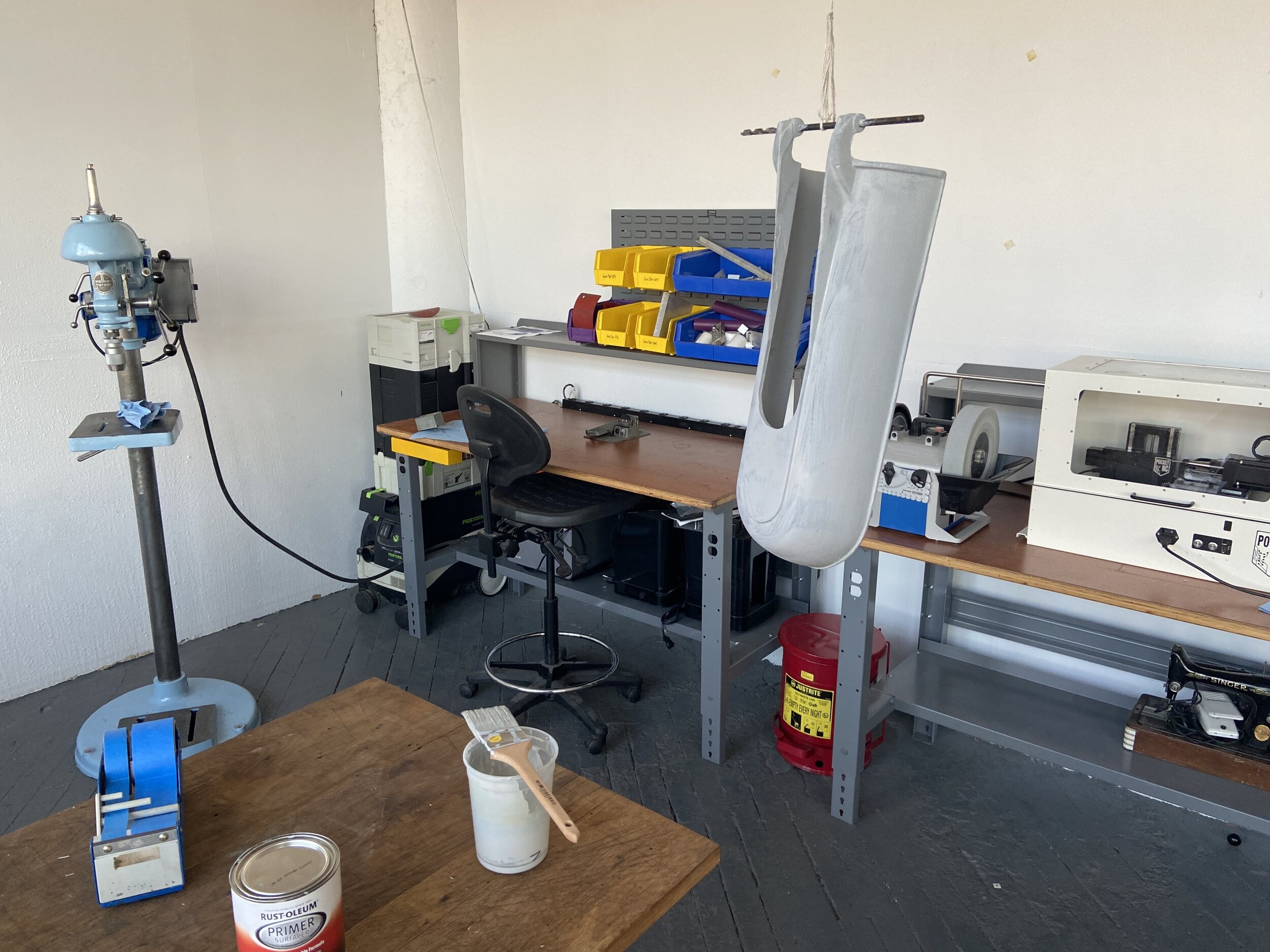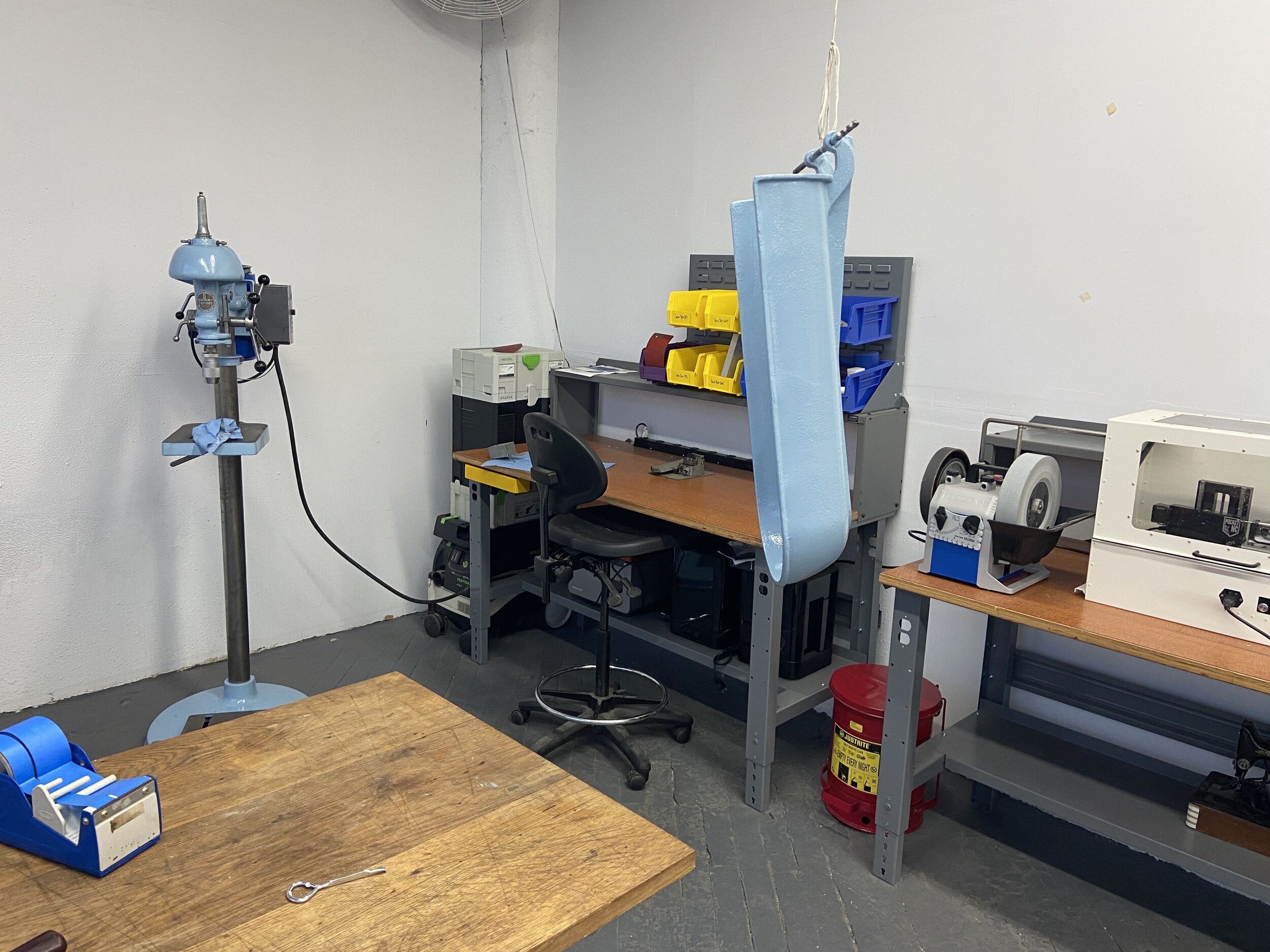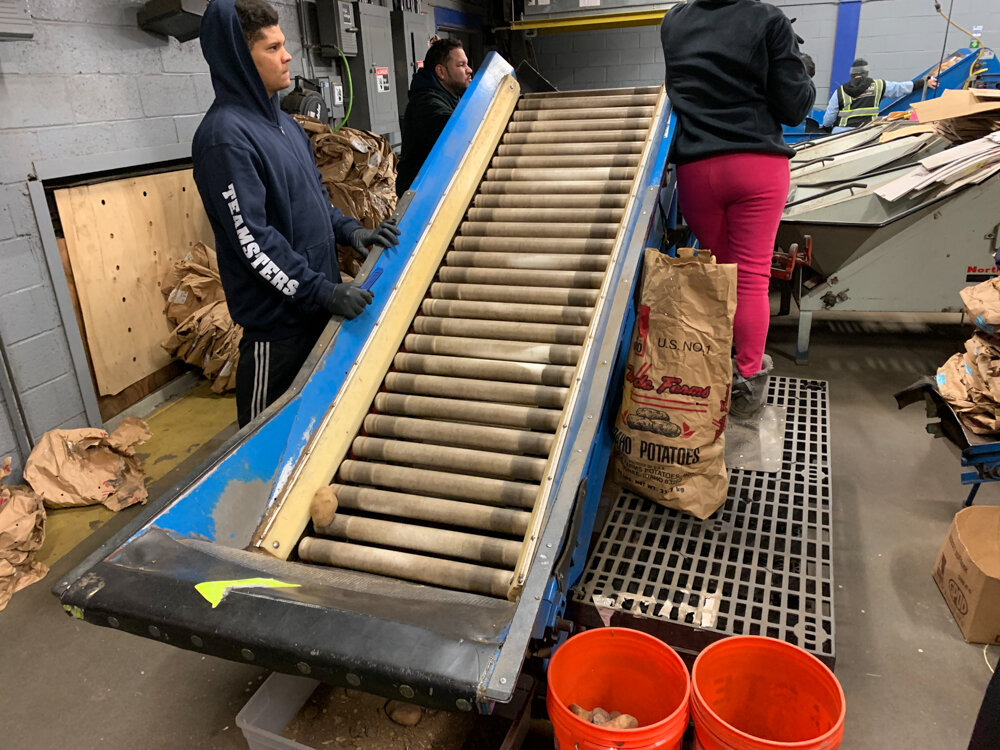It’s hard to know exactly how many books I’ve read recently, but here my notes on some of them are.
Seven Brief Lessons On Physics by Carlo Rovelli, read by Carlo Rovelli, and Anaximander: And the Birth of Science by Carlo Rovelli, read by Roy McMillan.
Late last summer I biked from Poughkeepsie to Ashokan. The ninety-something-kilometer ride took about four and a half hours and mostly followed rail-trails. I was riding to meet my family, on a bike that I don’t use that frequently, in a region that I’m familiar with but don’t visit often. It was lovely, and on the ride I listened to all of Seven Brief Lessons on Physics and part of Anaximander before switching back to the first book I ever consumed of Rovelli’s: The Order of Time, which is narrated brilliantly by Benedict Cumberbatch and which is probably my single favorite nonfiction book.
I don’t have that much to say about Seven Brief Lessons, and I have even less to say about Anaximander. The former was probably made more interesting and slightly less intelligible by the fact that it was narrated by the author, who speaks with a professorial Italian accent. The latter was probably my least favorite of his books — note, I never finished it — but did connect to The Order of Time in a few interesting ways, and contained at least one observation which I have managed to retain. (I dearly hope that I don’t now butcher it: As I recall, Rovelli explains that however advanced and meticulous Chinese astrology was during Anaximander’s time, Chinese culture was so dominated reverence to the Emperor that certain basic ideas were impossible to conceive of — like the fact that the Earth is a body floating freely in space.)
But there’s something broader about Rovelli’s writing that I find deeply soothing, and while these books left a relatively small footprint on my thinking, I think they’re part of something bigger that I want to understand, or at least take note of. I have listened to The Order of Time many times over in the past two or so years, and I have also read parts of the paper book. It has affected my thinking in significant ways, expanding my understanding while at the same time making it clear that the extent to which I understand anything is quite narrow indeed. It opened the possibility that time might not need be experienced as I experience it, and that there could, conceivably, be intelligent creatures which perceive time very differently than I do. More generally, it pointed to the deep and utter weirdness of one of the most pedestrian and commonplace aspects to life: the fact that time passes with apparent seamlessness. I’m not sure what, precisely, to do with any of these realizations, but I know that once I had consumed some of Rovelli’s writing I immediately wanted more, and that my appetite for discussions of relativity and quantum mechanics is significantly larger than I had previously known.
The Light Eaters by Zoë Schlanger.
I read this book with SOW’s Members’ Reading Group. In it, Schlanger argues that plants are both conscious and intelligent; she bases this argument on a series of what James Coleman called “cool plant facts,” each of which is more remarkable than the last. Plants understand the proximity of close relatives by sensing the wavelengths of light that pass through their neighbors’ leaves. They sense and respond to local stimuli using electrical signals similar to those in our nervous systems, and they communicate with similar and dissimilar plants by synthesizing and releasing all manner of chemical compounds. They perceive, communicate with, and in many cases seem to manipulate other organisms in their environment, including animals that eat their nectar, attempt to copulate with them, and “farm” (aka feed, water, and generally care for) them. The list goes on — plants really are remarkable, and for every way that humans understand and modify their environment, plants seem to do something similar.
When Schlanger reports yet another cool plant fact I nod my head. When she claims that plants are conscious, I think “of course.” When she claims that they are intelligent I do the same — and yet I found The Light Eaters’ logic and argumentative style to be somewhat unconvincing. Perhaps this reflects some internal bias on my part — I’m not sure — but my ultimate takeaway from this book was that it was indeed an excellent collection of cool plant facts, wrapped in a line of argumentation that I agreed with the conclusions of but was somehow unconvinced by.
The Year of Lear: Shakespeare in 1606 by James Shapiro, read by Robert Fass.
I did not quite finish this audiobook, but I did see a production of King Lear immediately after listening to... eighty-nine percent of it. This feels adequate.
I had purchased tickets to Kenneth Branaugh’s Lear a few months back, and was preparing to see it. I didn’t really know what King Lear was about, and after reading a short piece in the New Yorker about the play’s portrayal of bad weather, and watching the Anthony Hopkins production on Amazon Prime, I decided that I should attempt to read (or, ideally, listen to while taking bike rides) the play itself. I failed at this; the library had no copies available of the dramatized productions of Lear, but they did have this (rather academic and somewhat obscure) history of England in 1606, the year that Shakespeare finished King Lear and wrote parts of both Macbeth, and Antony and Cleopatra.
I know very little about all of these plays, and similarly little about England in the early sixteen-hundreds. This was a time of turmoil and change: King James I, who had been King of Scotland for almost fifty years, had taken the English throne in 1603. He would spend much of his reign attempting, unsuccessfully, to unify Great Britain. He also helped to plan and execute the colonization of Ulster (the region of Ireland that would eventually become Northern Ireland). This was also relatively early in the history of the modern Church of England, which had been put under control of Henry VIII in 1534. This resulted in considerable sectarian conflict during Shakespeare’s lifetime, culminating in the Gunpowder Plot (to assassinate King James and blow up Parliament) of 1605. Note also that the King James Bible was commissioned by King James in 1604 and published in 1611.
So, King Lear was written in this context. Except that it was really more adapted than written; Shakespeare’s Lear was more of a reboot of an earlier play, King Leir. Learning this made me think of our own contemporary reboot culture, which I am prone to looking down upon as unoriginal and trite; perhaps this is naive of me.
Did I enjoy this audiobook? I suppose so, at least mildly. Did I enjoy watching Branagh’s King Lear? I would say ditto. But I enjoyed more the excuse to learn about something that I would not otherwise have chosen to study, and I enjoyed even more the fact that while I was en route to the play itself, I ran into a neighbor on the street (someone I know reasonably well and see frequently) who told me it was among their favorite plays. He made reference to one of its core conflicts: Lear somewhat generously divides his kingdom up to his three daughters, but then spitefully refuses to give anything to one of them because she won’t praise him with fawning language. He then feels attacked and neglected, until his death, by all three. I’m not sure there is a lesson here which I could apply to my own life — it all feels a little unlikely and obtuse — but the fact that I was able to understand and share a cultural moment with my neighbor was totally worth the effort.
Good Trouble: Stories by Joseph O’Neill, read by like eleven different voice actors.
I loved Joseph O’Neill’s Netherland when I read it in ~2010, and at a recent moment when I needed some easily-digestable audio content I rented Good Trouble and blasted through it. The stories were a little more adult and a little less grounded in New York City culture than I remember Netherland being, but I continue to find it enriching to follow O’Neill’s output and track the way his voice has evolved.
Godwin by Joseph O’Neill, read by Karen Chilton & Kirby Heyborne.
Similar to how Netherland was a profile of New York after 9/11, Godwin struck me as a profile of liberal America during the late Obama years. This didn’t really become clear to me until after I had finished it, and the book mentions politics almost not at all, but its mood balances anxiety and hope in a way that, sitting here in late 2024, strikes me as characteristic of the twenty-teens.
I found the book to be exciting, captivating, and mysterious. Its two main characters both surprised me multiple times, and their relationship to each other was strange and confusing in the ways that many of my own relationships are to me. They seem to orbit around each other like a binary star — the book’s oscillating point of view, and the audiobook’s two narrators, emphasize this effect — wobbling into and out of instability as other characters enter their gravitational field. O’Neill resolves his story’s tension in a way that’s both surprising and satisfying, and it closes on a note that is at once heartwarming and full of futility.

